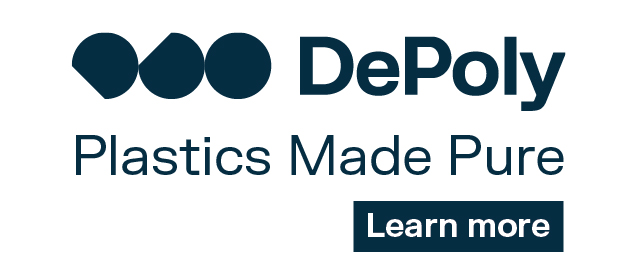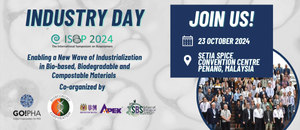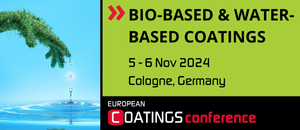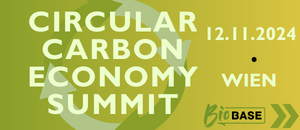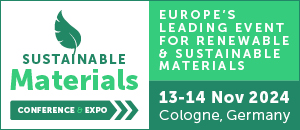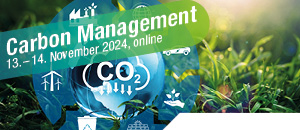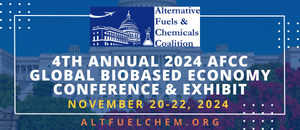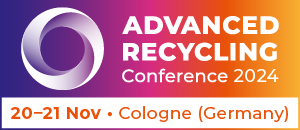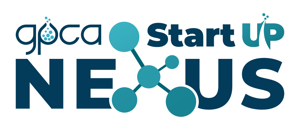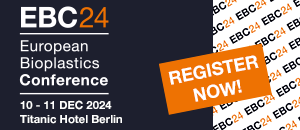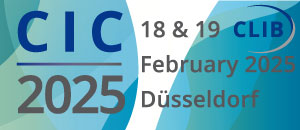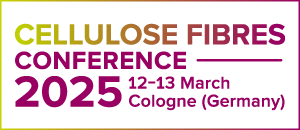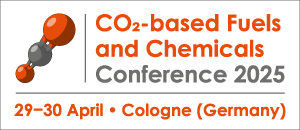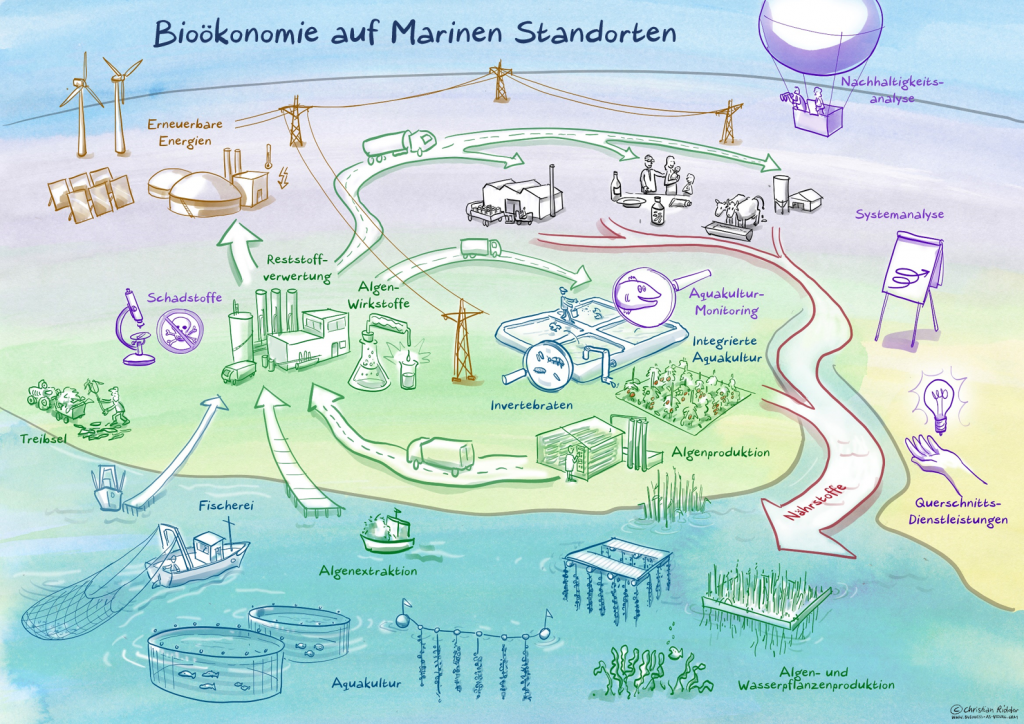
The focus of the BaMS project is on developing a new innovation area in northern Germany with 79 project partners from research, industry and public administration. New – and above all sustainable – concepts are being developed for a comprehensive circular economy, including fish, mussels and algae, among other things. The entire project will be funded by the BMBF with up to 20 million Euro.
When announcing the approval of the project, Federal Minister of Education and Research Anja Karliczek emphasised the importance of the bioeconomy: “Bioeconomy is the future of our economy. With it, we can use resources sustainably and recycle them. There are already many good ideas from research on how the transition towards a biologically-based, sustainable form of economy can be achieved. I think it’s important that these ideas will soon be part of people’s everyday lives in Germany. This is why we are bringing together partners from science, business and society in the new funding initiative ‘Bioeconomy Innovation Areas’. Together, they will develop ideas into innovations. The four innovation areas will tackle textiles made from renewable raw materials, raw material recovery from waste, the sustainable use of marine organisms, and new food systems.”
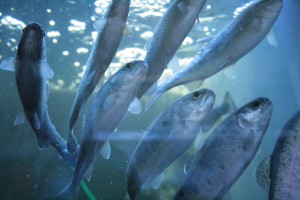
The world’s oceans offer great potential for diverse, sustainable forms of use – from food production right through to drug development – which are currently only rarely used in northern Germany. “The term ‘Bioeconomy at Marine Sites (BaMS)’ according to the northern German model should become a synonym for a unique biorefinery concept,” emphasised Professor Carsten Schulz from the Institute of Animal Breeding and Husbandry at the Faculty of Agricultural and Nutritional Sciences. “The biorefinery effect arises from the fact that nutrients can be derived from effluent streams and northern German waters, which originate particularly in the hinterland through different input processes. The nutrients should be used to produce aquatic biomass and then subjected to further recycling processes. Thus, ‘biorefineries’ can reduce a possible oversupply of nutrients in the water, help relieve pressure on ecosystems in the northern German lowlands and the coastal waters, and reintroduce valuable resources into the material cycle,” explained Schulz.
“In the future, environmentally-sensitive and sustainable aquaculture will become increasingly important. The development of appropriate production plants and the exploration of new methods has great innovation potential, which we want to continue to promote and decisively boost in the new project,” added Professor Rüdiger Schulz from the Botanical Institute at Kiel University, who heads the project together with Professor Carsten Schulz.
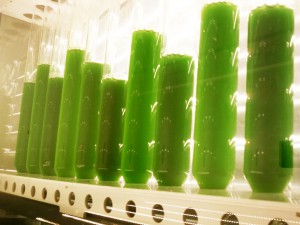
In the initial work steps, research teams are tackling areas such as optimisation of the husbandry conditions in aquaculture facilities, as well as the sustainable use of regionally-produced algae for high-quality fatty acids and marine sugar compounds for the cosmetic and pharmaceutical industry. In cooperation with companies, scientists are developing new food products from mussels, and producing fish food from algae mash. The algae mash arises during the production of extracts from algae. In addition, scientists are investigating which algae and floating plants thrive in fermentation residues of biogas facilities, or in effluent from aquaculture facilities. The researchers are also developing water purification systems using plants and micro-algae, to be deployed in aquaculture and as floating islands.
The project leaders of the BMBF project “Bioeconomy at Marine Sites” are Professor Carsten Schulz from the Institute of Animal Breeding and Husbandry at the Faculty of Agricultural and Nutritional Sciences, and Professor Rüdiger Schulz from the Botanical Institute and Botanical Garden at the Faculty of Mathematics and Natural Sciences. The project coordinator is Dr Stefan Meyer from the CAU and network coordinator of the Competence Network Aquaculture (Kompetenznetzwerk Aquakultur, KNAQ).
The BMBF is funding the project over a period of five years. Currently there are 79 partner institutions involved. These include 20 mainly northern German research institutions and 34 companies. The project also strengthens the university’s Kiel Marine Science (KMS) priority research area. Kiel Marine Science (KMS) forms the umbrella organisation for the interdepartmental marine science priority research area at the CAU, and promotes interdepartmental and interdisciplinary work on marine science topics.
Source
Kiel University, press release, 2019-04-09.
Supplier
Bundesministerium für Bildung und Forschung (BMBF)
Christian-Albrechts-Universität zu Kiel
Gesellschaft für Marine Aquakultur mbH (GMA)
Kompetenznetzwerk Aquakultur KNAQ
Share
Renewable Carbon News – Daily Newsletter
Subscribe to our daily email newsletter – the world's leading newsletter on renewable materials and chemicals





